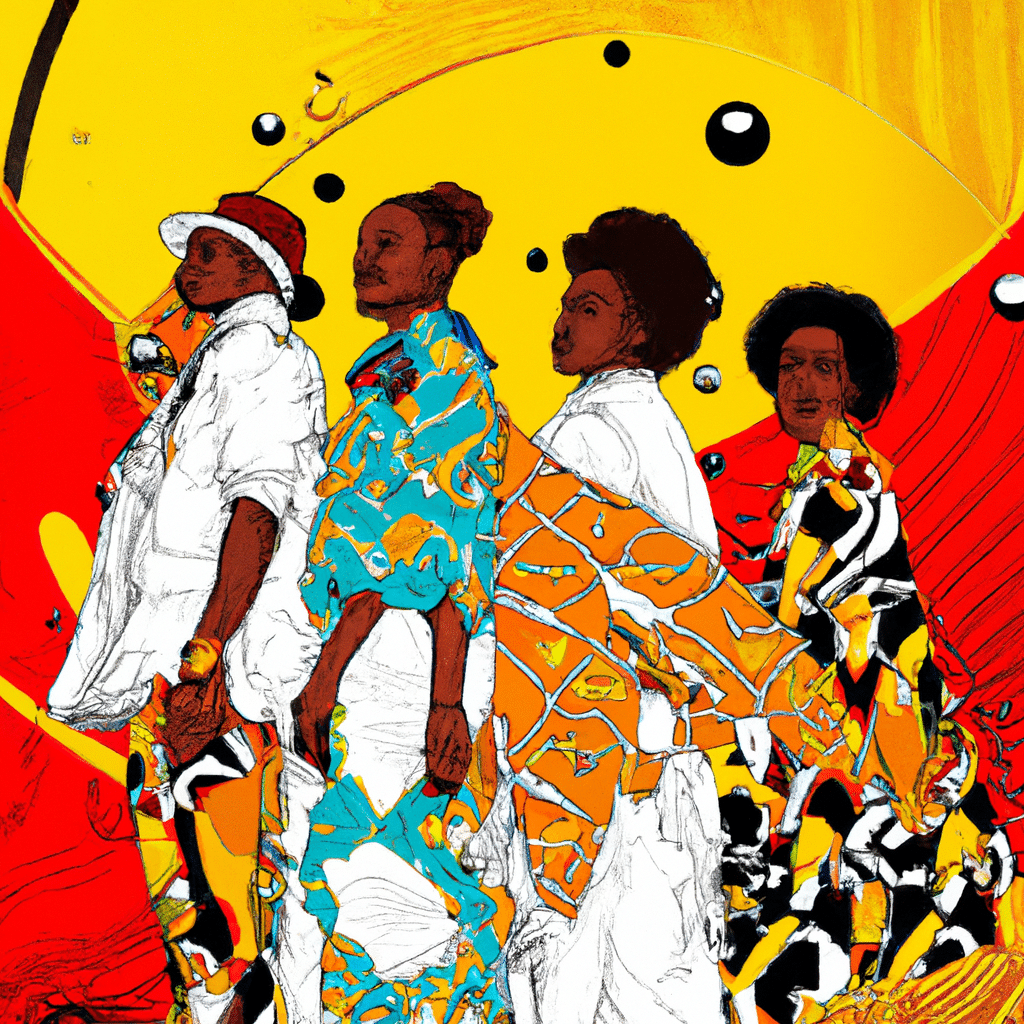
In recent years, the literary world has witnessed a profound cultural revolution with the rise of Afrofuturism. This genre of fiction has captivated readers with its unique blend of African diaspora, science fiction, and fantasy elements. Afrofuturism has not only challenged traditional narratives but has also provided a platform for marginalized voices to express their experiences and visions of the future. In this article, we will delve into the origins, key themes, and impact of Afrofuturism, exploring how it has become a significant force in contemporary literature.
Origins and Influences
Afrofuturism traces its roots back to the 1950s and 1960s when African American artists, musicians, and writers began incorporating futuristic and science fiction elements into their work. The movement gained momentum in the late 20th century with the emergence of authors such as Octavia Butler, Samuel R. Delany, and Nalo Hopkinson, who explored themes of identity, race, and social justice within the context of speculative fiction.
Drawing inspiration from African mythology, history, and culture, Afrofuturist authors have created vibrant and imaginative worlds that challenge conventional narratives. By combining elements of science fiction, fantasy, and traditional African storytelling, these writers have crafted narratives that go beyond the limitations of the present and envision a future that is both hopeful and empowering.
Key Themes in Afrofuturism
One of the central themes in Afrofuturism is the exploration of identity and belonging. Afrofuturist works often delve into the complexities of race, ethnicity, and cultural heritage, highlighting the experiences of marginalized communities. Through their stories, these authors examine the impact of systemic oppression and strive to create narratives that empower and celebrate diverse identities.
Another prominent theme in Afrofuturism is the reimagining of history. By incorporating elements of time travel and alternate realities, Afrofuturist authors challenge the dominant historical narratives and provide a platform for marginalized voices to rewrite their own stories. This reimagining of history allows for a critical examination of the present and offers a vision of a future that is shaped by the experiences and perspectives of those who have been historically marginalized.
Technology and its role in society also feature prominently in Afrofuturist works. These authors often explore the potential of technology to empower and liberate oppressed communities, while also examining the ethical implications and potential pitfalls of technological advancements. By envisioning a future where technology is harnessed for the benefit of all, Afrofuturist authors inspire readers to question existing power structures and imagine new possibilities for social change.
Impact on Contemporary Literature
The impact of Afrofuturism on contemporary literature cannot be overstated. This genre has not only provided a platform for marginalized voices but has also challenged the traditional boundaries of fiction. By incorporating elements of science fiction, fantasy, and African mythology, Afrofuturist authors have expanded the possibilities of storytelling and created narratives that resonate with readers from diverse backgrounds.
Moreover, Afrofuturism has sparked a vibrant and inclusive literary movement, with a new generation of authors embracing its principles and pushing the boundaries even further. Writers like Nnedi Okorafor, Tomi Adeyemi, and Marlon James have gained international acclaim for their Afrofuturist works, captivating readers with their imaginative storytelling and thought-provoking themes.
Beyond the literary world, Afrofuturism has also influenced other forms of art and entertainment. From music to visual arts to film, the Afrofuturist aesthetic has permeated popular culture, inspiring artists to explore themes of identity, history, and technology in their respective mediums. This cultural revolution has not only given rise to a new wave of creativity but has also provided a platform for underrepresented voices to be heard and celebrated.
Conclusion
In conclusion, Afrofuturism has emerged as a powerful force in contemporary literature, challenging traditional narratives and providing a platform for marginalized voices. With its unique blend of African diaspora, science fiction, and fantasy elements, Afrofuturism has reimagined history, explored themes of identity and belonging, and sparked a cultural revolution. As this genre continues to evolve and inspire new generations of writers and artists, it is clear that Afrofuturism will remain a significant and influential movement in the literary world and beyond.



